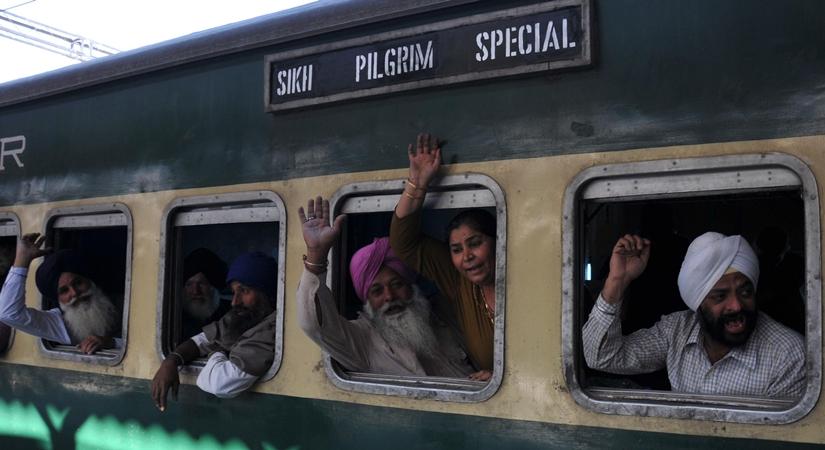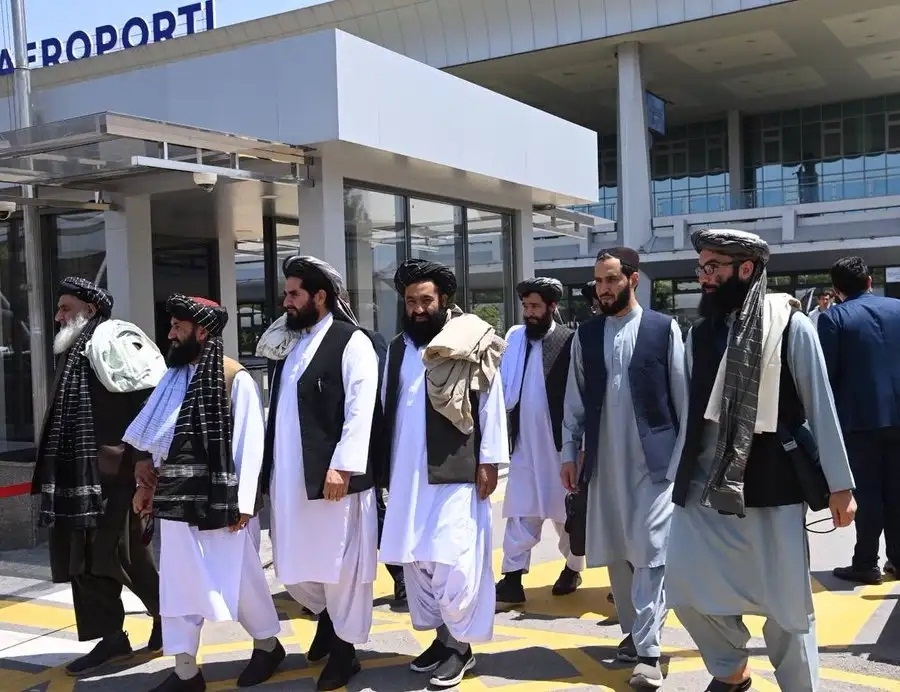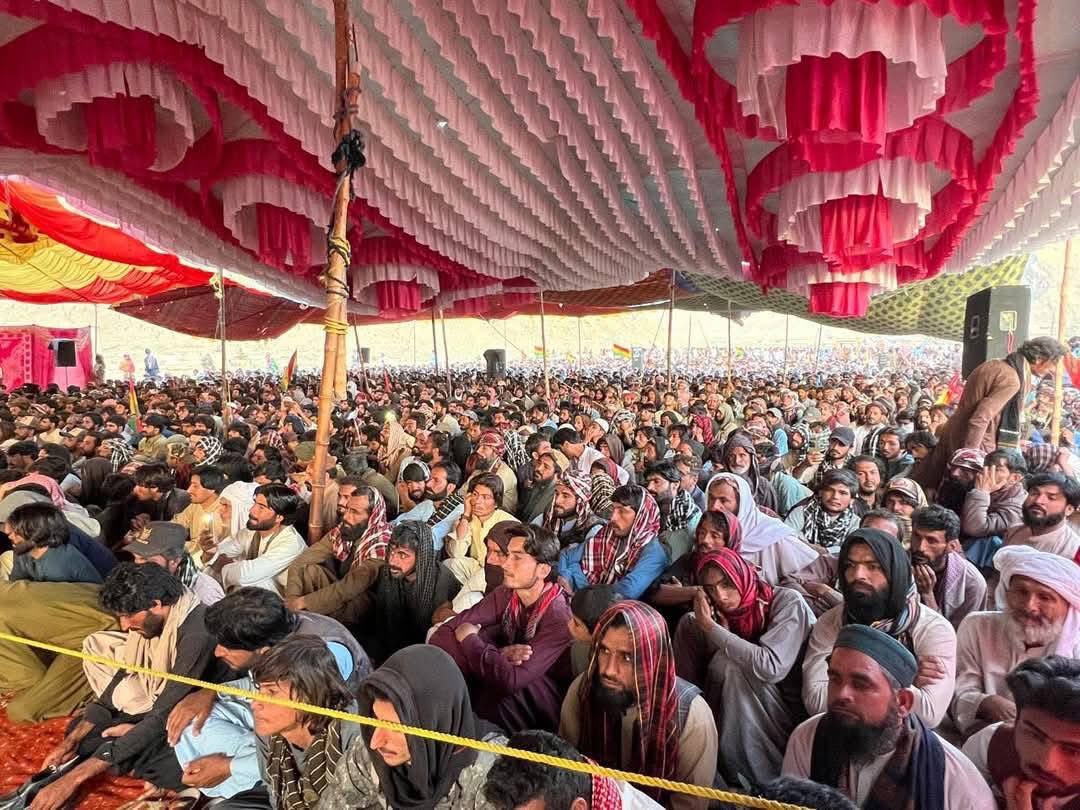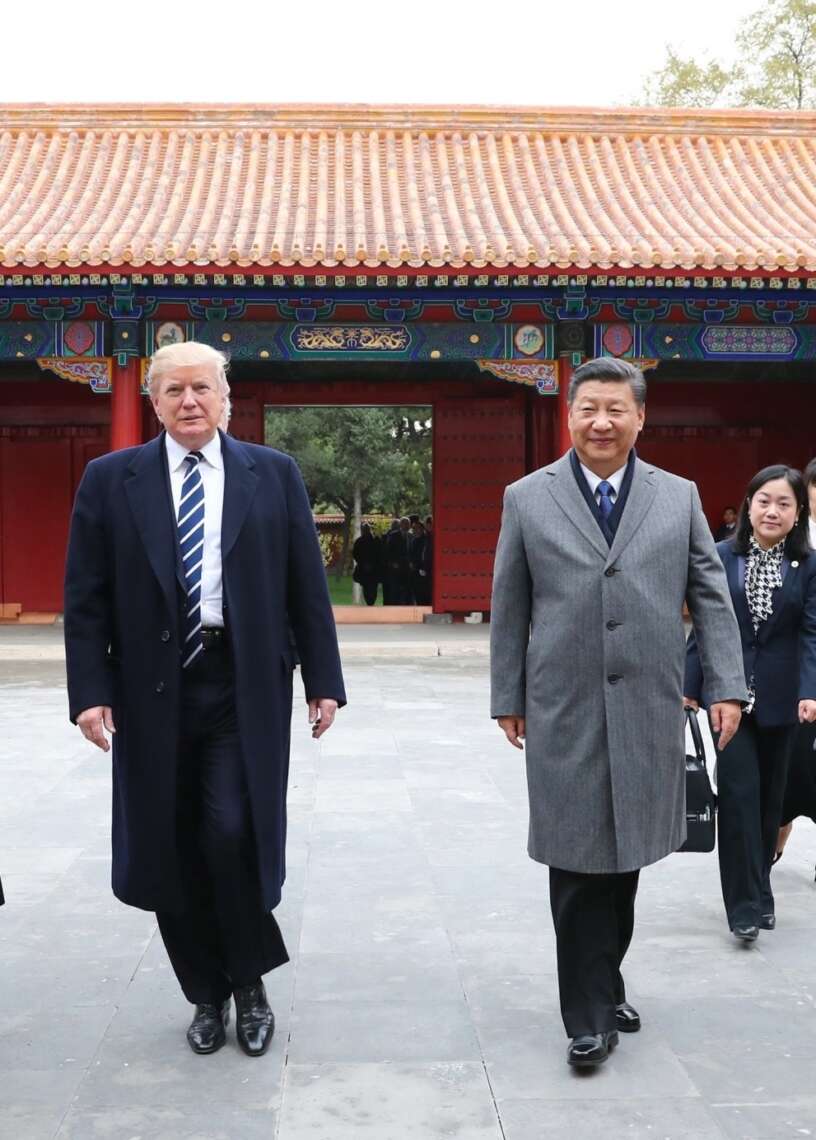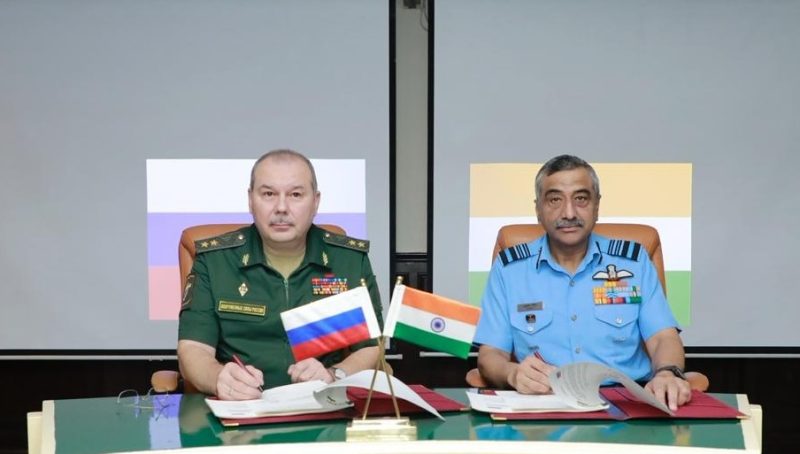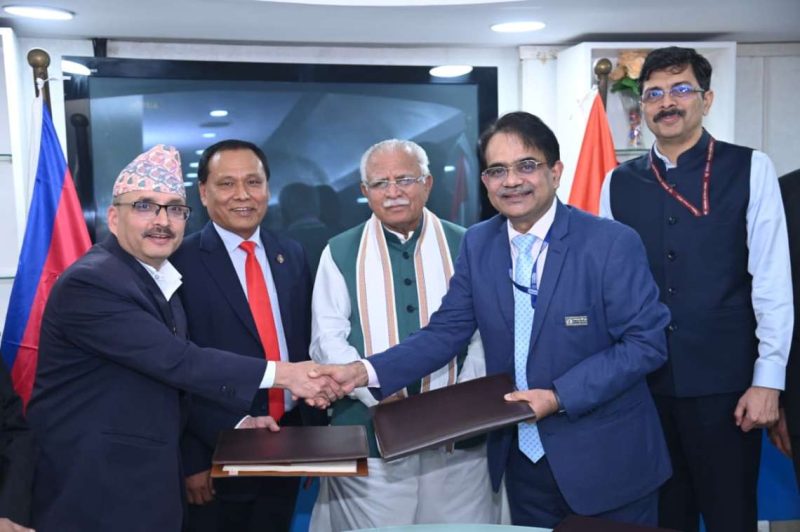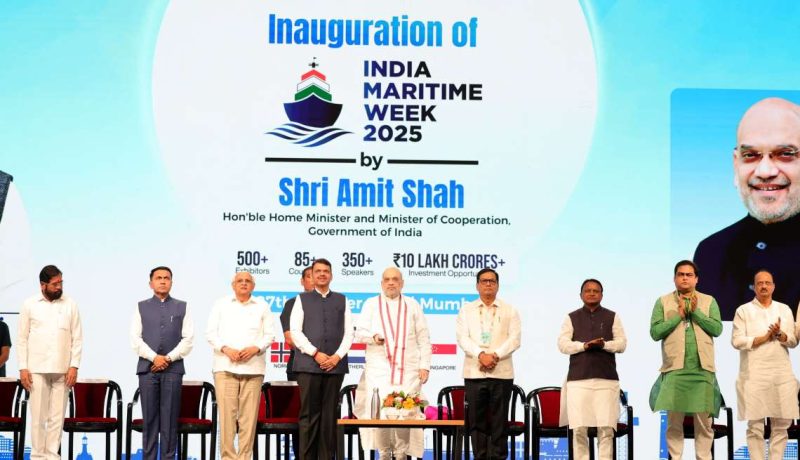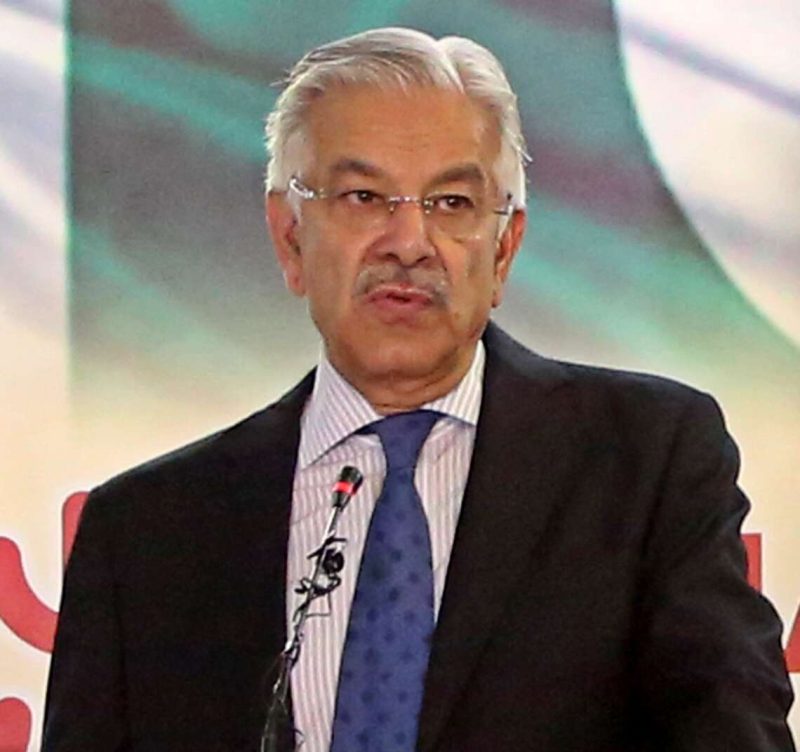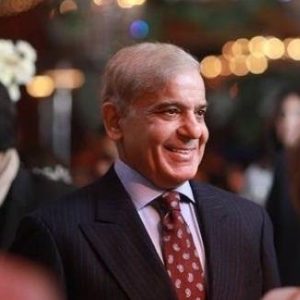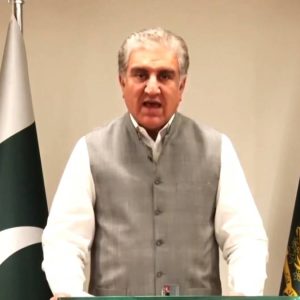The pilgrimage includes visits to some of the most revered Sikh religious sites in Pakistan — including Gurdwara Nankana Sahib, and Gurdwara Panja Sahib, among others
Over 1,900 Indian pilgrims have been granted visas by Pakistan to visit key religious sites across the border on the occasion of Khalsa Sajna Diwas, marking a continued gesture of cross-border religious facilitation amid complex bilateral relations. The pilgrimage, which began on April 10, includes visits to some of the most revered Sikh religious sites in Pakistan — including Gurdwara Nankana Sahib, the birthplace of Guru Nanak Dev Ji, and Gurdwara Panja Sahib, among others. The visit spans ten days, allowing pilgrims to take part in spiritual events and rituals tied to the sacred Sikh festival. Expressing joy and gratitude, a Sikh pilgrim told ANI, “We will be visiting Gurdwara Nankana Sahib, Gurdwara Panja Sahib, and other religious places in Pakistan. It is a ten-day trip beginning 10th April.” The journey has brought renewed excitement among devotees, many of whom have long awaited the chance to reconnect with their spiritual heritage across the border.
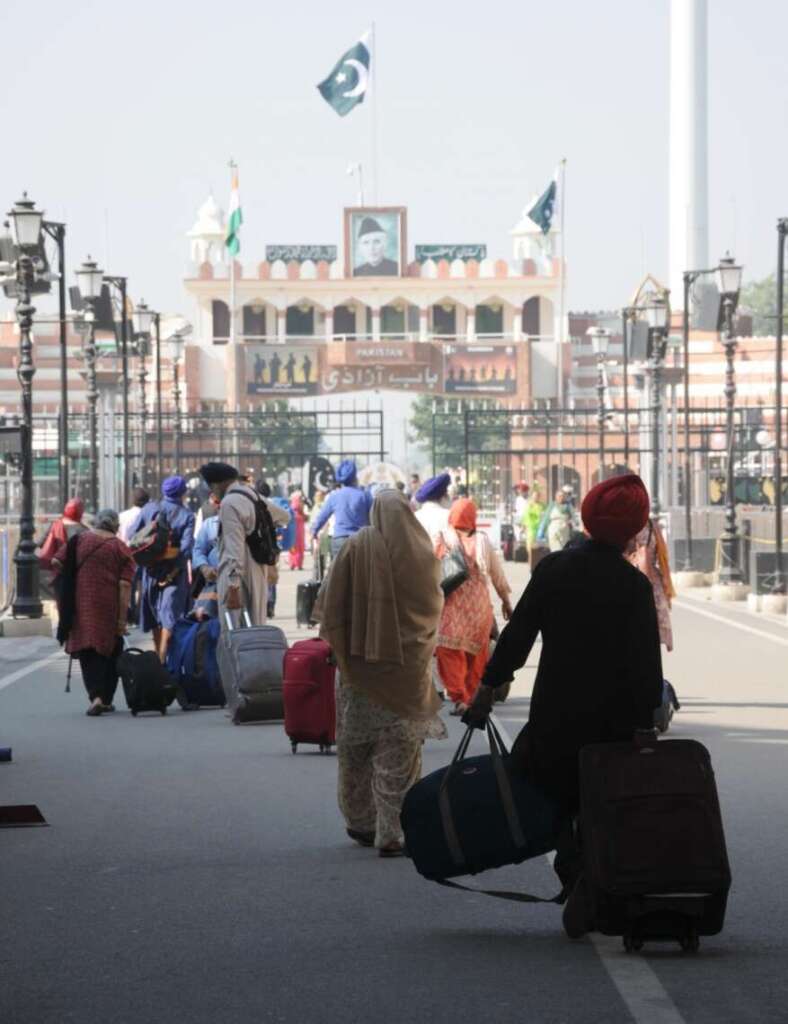
On April 7, ahead of the festival of Baisakhi, the Pakistan High Commission in New Delhi welcomed a delegation of Sikh pilgrims and reaffirmed its commitment to easing access to religious sites under the framework of the bilateral Protocol on Visits to Religious Shrines signed in 1974. The High Commission posted on X (formerly Twitter), “In connection with the upcoming Baisakhi festival, @PakinIndia received a representative delegation of yatrees today. Extending his felicitations on the occasion, Cd’A @Saadawarraich announced that the Govt. of Pakistan will issue over 6,500 visas for the Baisakhi celebrations.”
In a follow-up post, it added, “The step is reflective of Pakistan’s commitment to promote and facilitate travel to sacred and holy places of pilgrimage in Pakistan: Saad Ahmad Warraich.”
These annual pilgrimages are deeply symbolic for the Sikh community and serve as vital cultural and spiritual links between the people of India and Pakistan, especially in a time of otherwise strained diplomatic relations.
Meanwhile, Indian Prime Minister Narendra Modi, during his Mann ki Baat radio address on March 30, highlighted the richness of India’s cultural and religious diversity. He extended greetings for the series of festivals occurring across India during this season, including Chaitra Navratri, Ugadi, Gudi Padwa, and the Hindu New Year.
“These festivals happen at different parts of the country, but they show how unity is woven in the diversity of India,” the Prime Minister said. “We must keep strengthening this feeling of unity.”
PM Modi also highlighted how Baisakhi Bihu will be celebrated in Assam, Poila Baisakh in Bengal, Navrekha in Jammu and Kashmir. “Also, from April 13-15, there will be grand celebrations in different parts of the country, there is excitement for that. The festival of Eid is also coming, this whole month is filled with festivals,” he added.
As Indian pilgrims head across the border to mark Khalsa Sajna Diwas, the spirit of shared religious heritage and cultural bonds between the two nations continues to find expression through such initiatives, despite broader geopolitical tensions.


